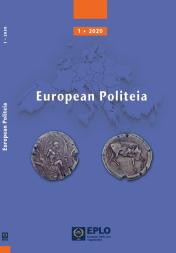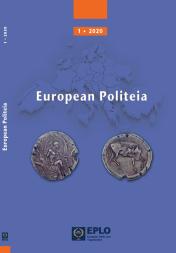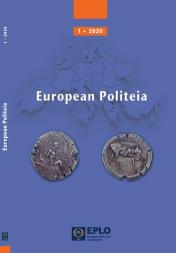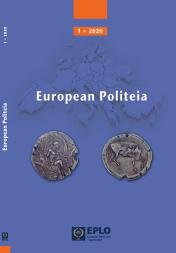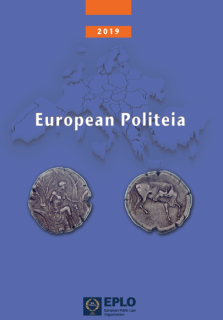
EU Macro-regional Strategies: Unaccomplished Attempts
for Regional Cohesion
Expert Minister Counselor, National Coordinator of Greece for the EUSAIR,
Ministry of Foreign Affairs of the Hellenic Republic
Created by the European Council, Macro-regional Strategies consist in innovative schemes of cooperation among EU Member States and third countries, aiming at regional integration and promotion of cohesion, not only territorial. The rule of “3 No’s”, common for all Macro-regional Strategies, is drawing the limiting lines for Macro-regional Strategies, however leaving enough space for flexibility. Unique schemes of cooperation request respective governance systems. The multilevel governance provides for the involvement of several stakeholders in the governance of Macro-regional Strategies, creating Inter- and Intra- relationships between them. However, the contribution of the stakeholders differs, mostly according to the national administrative schemes. In order to further develop and produce to their full potential, Macro-regional Strategies should take benefit of all the policies and relevant opportunities offered in the wider EU framework. Apparently, the EU Strategy for the Adriatic and Ionian Region has assisted the candidates to their path to European Integration. More opportunities for development can be sought in the Sofia Declaration, which can feed the EUSAIR and the Danube Strategy too with plenty of effective and realistic projects, while an update of provisions in the Multiannual Financial Framework could facilitate the implementation of Macro-regional projects in general.
* All views expressed in the article are strictly views of the author and they do not necessarily reflect the official views of the Ministry of Foreign Affairs.
Disclaimer: This article was finalized before the EU Council Conclusions of March 2020 that decided the opening of EU accession negotiations with Albania and North Macedonia as well as before the finalization of accession of North Macedonia to the EUSAIR, which increased the number of participants to 9 but also increased the number of non-EU MS vis-à-vis the number of EU MS (5 to 4). Therefore, these developments, as well as others such as the implication of the COVID-19 pandemic, could not have been taken into account.















